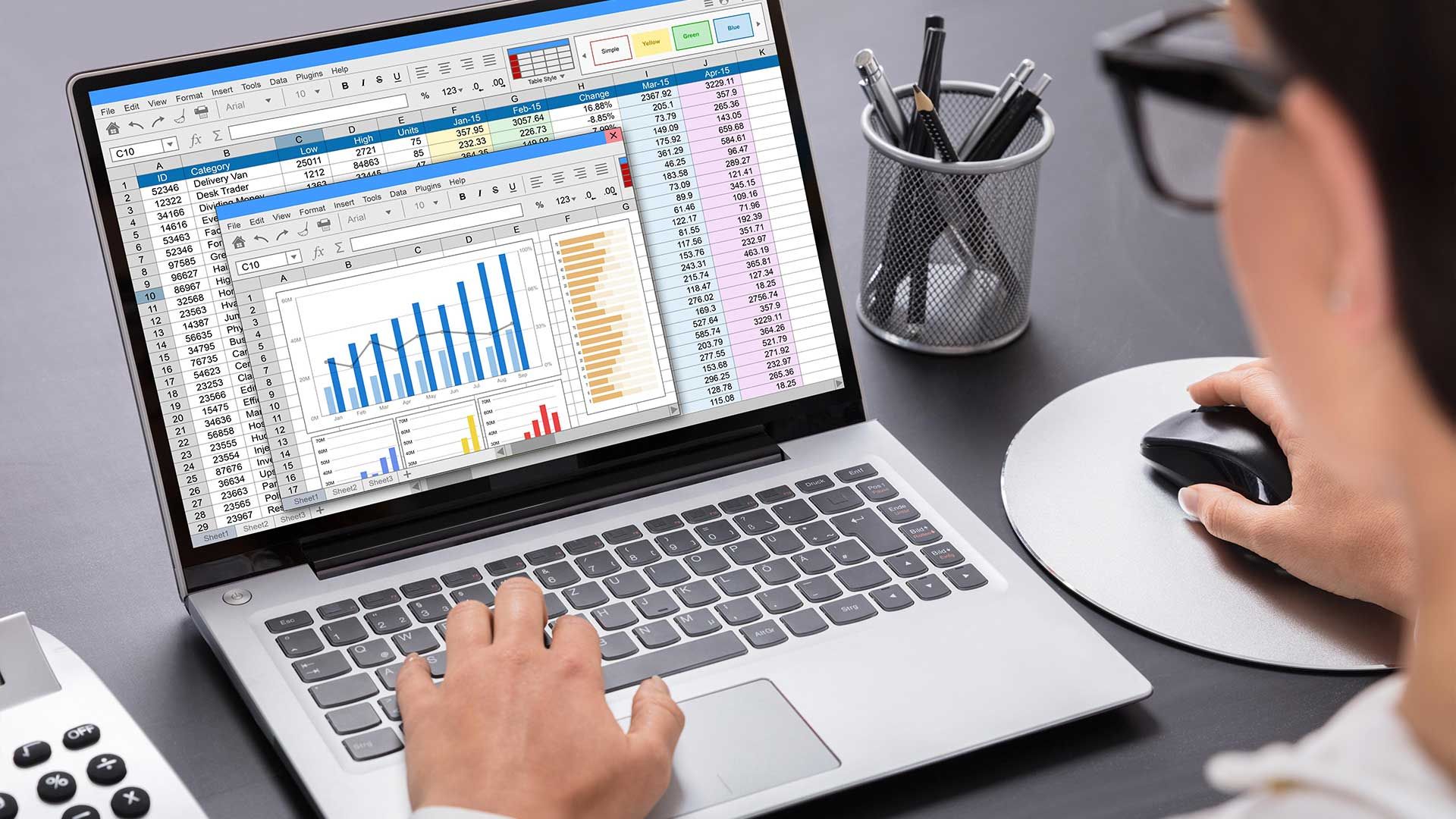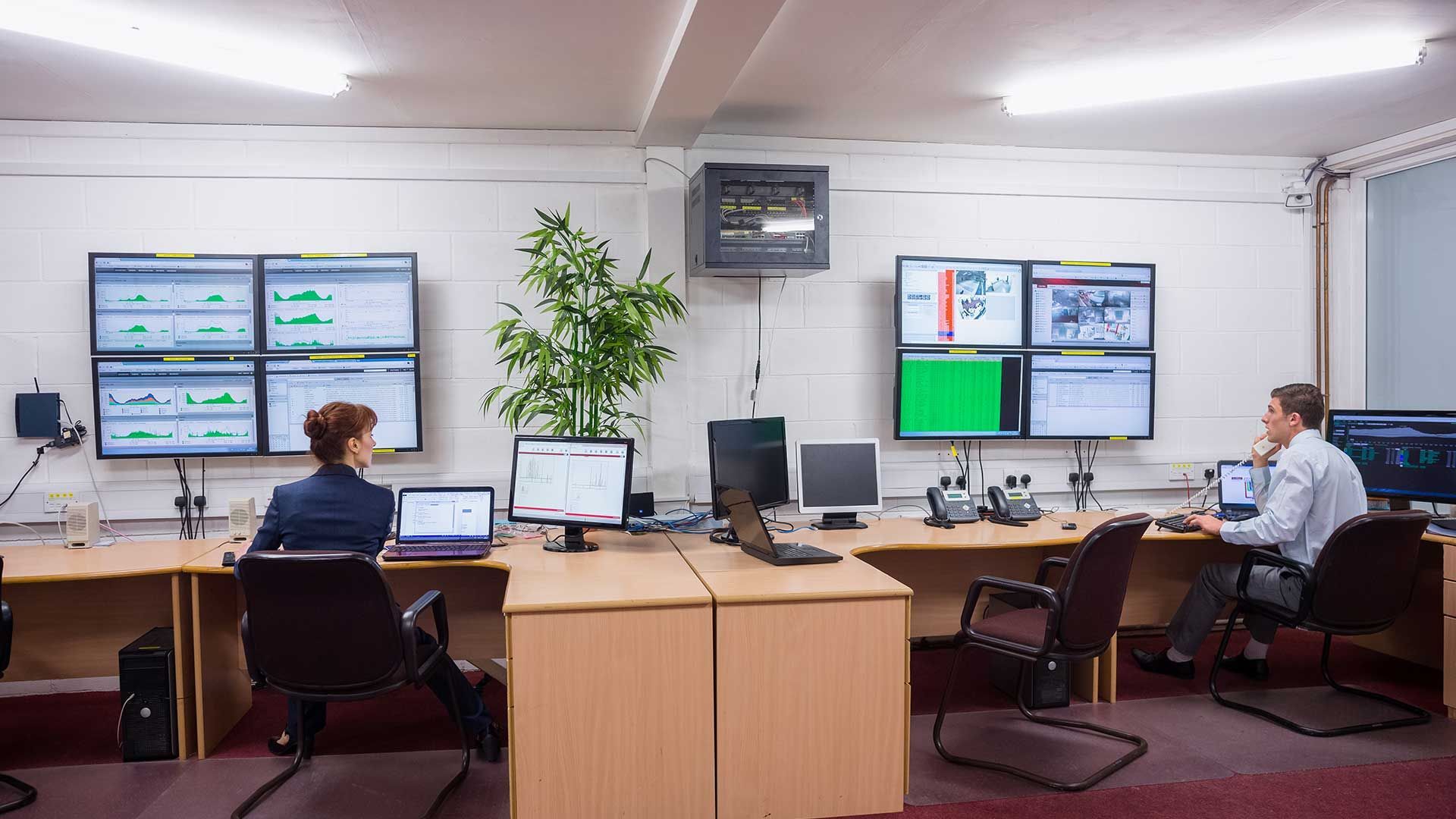Blog Layout
Door-to-Door Sales Success: Navigating Tax Deductions and Expenses
December 21, 2023
Navigating the world of sales rep tax deductions can be a daunting task, especially for those in the dynamic field of door-to-door sales. Whether you’re new to this career or a seasoned professional, understanding the nuances of tax deductions and expenses is crucial for maximizing your earnings and staying financially sound. In this comprehensive guide, we will delve into the specifics of sales rep tax deductions, offering practical advice to ensure you're not leaving money on the table come tax season.
Understanding Your Employment Status
As a 1099 independent contractor in door-to-door sales, your tax obligations differ significantly from those of a traditional W-2 employee. This status gives you more freedom but also more responsibility, particularly when it comes to taxes. Recognizing the ins and outs of what sales rep tax deductions apply to you is the first step in managing your finances effectively.
Common Deductible Expenses
As a door-to-door sales rep, managing your finances effectively is crucial for maximizing profits and minimizing unnecessary expenses. One of the key areas where you can see significant financial benefits is in understanding and utilizing sales rep tax deductions. Here are some common deductible expenses that you should be aware of:
1. Travel Expenses:
- Mileage: One of the most significant deductions for sales reps is mileage. For every mile you drive for business purposes, whether it's visiting clients or attending sales meetings, you can deduct a standard rate set by the IRS. This deduction accounts for fuel, depreciation, insurance, and other vehicle-related expenses.
- Vehicle Maintenance and Repairs: Apart from mileage, actual expenses for maintaining and repairing your vehicle, which is used for business purposes, can also be deducted. Keep detailed records and receipts for oil changes, tire purchases, and other maintenance costs.
- Parking and Tolls: Don't forget the smaller expenses like parking fees and tolls. These can add up quickly, especially if you're in a busy city.
2. Accommodation and Meals:
- Overnight Travel: If your sales role requires overnight stays, the cost of hotels or other lodging can be deductible. Remember, the accommodation must be for a business purpose and not extravagant.
- Meals During Work Hours: Meals during work trips are also deductible, typically at 50% of the cost. Keep your dining reasonable – lavish meals may not be fully deductible.
3. Work Supplies and Materials:
- Sales Materials: The costs of brochures, business cards, samples, and other sales materials are deductible. These are essential for your sales activities and directly contribute to your business.
- Office Supplies: Even small purchases like pens, notebooks, and other office supplies are deductible if they are used for your sales activities.
4. Communication Expenses:
- Cell Phone and Internet: In today's digital age, having a cell phone and internet connection is vital for a sales rep. A portion of these bills can be deducted, particularly if you have a dedicated phone or internet line for work.
5. Professional Fees:
- Membership and Subscription Fees: If you’re a member of professional organizations or subscribe to trade magazines relevant to your sales industry, these fees can be deductible.
6. Education and Training:
- Continuing Education: Costs for attending workshops, seminars, or courses that enhance your sales skills or industry knowledge can be deducted.
Remember, the key to making the most of these sales rep tax deductions
is meticulous record-keeping. Keep all receipts and maintain a detailed log of your expenses. This way, you’re not only prepared for tax season but also in a strong position to maximize your deductions.
Home Office Deductions
For many door-to-door sales reps, the home office serves as the central hub for administrative work, client communication, and planning. Recognizing the potential for significant savings through home office deductions is an essential aspect of managing your sales rep tax deductions. Here’s what you need to know:
1. Qualifying for Home Office Deductions:
The IRS stipulates specific criteria for a space to qualify as a home office. The area must be used regularly and exclusively for business. This means the space, whether it's a dedicated room or a partitioned area in a larger room, should not be used for personal activities. Meeting this criterion is vital to claim the deduction.
2. Calculating the Deductible Amount:
There are two methods for calculating your home office deduction: the simplified option and the regular method. The simplified option allows you to deduct $5 per square foot of your home office, up to 300 square feet, simplifying record-keeping and calculations. The regular method involves calculating the percentage of your home used for business and applying that percentage to home expenses such as mortgage interest or rent, utilities, property taxes, and maintenance. This method requires more detailed record-keeping but can result in a larger deduction.
3. Deducting Utilities and Other Home Expenses:
If you're using the regular method, you can deduct a portion of your utilities, such as electricity, heating, and internet, based on the percentage of your home's square footage that the office occupies. Additionally, if you make any repairs or improvements specifically to your home office, those expenses can also be fully deductible.
4. Limitations and Carryovers:
It’s important to note that the home office deduction cannot exceed the gross income from your business minus other business expenses. However, if your deduction is limited, you can carry over the excess to future tax years.
Understanding and accurately applying home office deductions can significantly reduce your tax liability as a door-to-door sales rep. It's a key component of the sales rep tax deductions, offering a way to convert a portion of your personal living expenses into business expenses. As always, keeping accurate records and consulting with a tax professional if you’re unsure about your eligibility or calculation methods is advisable.
Health Insurance and Retirement Savings
As an independent door-to-door sales rep, taking advantage of sales rep tax deductions related to health insurance and retirement savings is a smart financial move. Self-employed individuals have the unique opportunity to deduct 100% of their health insurance premiums directly from their taxable income. This includes premiums for medical, dental, and long-term care insurance for yourself, your spouse, and dependents. This deduction can be a substantial benefit, as health insurance premiums are often a significant expense.
In terms of retirement savings, 1099 sales reps
have several options, including SEP-IRAs, Solo 401(k)s, and traditional IRAs. Contributions to these plans are tax-deductible, and they grow tax-deferred until withdrawal. A SEP-IRA, for instance, allows you to contribute up to 25% of your net earnings from self-employment (subject to certain limits), which can significantly lower your taxable income. Planning for retirement while reducing current tax liability is an excellent strategy for long-term financial health.
Record Keeping and Documentation
Effective record keeping and documentation are the backbone of maximizing your sales rep tax deductions. Accurate records ensure that you can confidently claim all your eligible expenses and stand up to any scrutiny from the IRS. Keep a detailed log of all your business-related expenses, including travel mileage, accommodation receipts, meal expenses, office supplies, and any other costs incurred in the course of your sales activities. For vehicle expenses, maintain a logbook or use a mileage tracking app to record every business trip with dates, mileage, and the purpose of the trip. Similarly, for home office deductions, keep receipts for all relevant expenses like utilities, rent, or mortgage interest, and repair costs. Digital tools and apps designed for expense tracking can be incredibly useful in simplifying this process.
Avoiding Common Pitfalls
Many door-to-door sales reps fall into common pitfalls when it comes to taxes, often due to a lack of knowledge or oversight. One major mistake is failing to separate personal and business expenses, which can lead to disallowed deductions and potential penalties. Overstating expenses is another issue; while it’s important to claim all legitimate deductions, fabricating or inflating expenses can lead to serious consequences, including audits and fines. Additionally, not staying up-to-date with tax law changes can result in missed deduction opportunities or non-compliance issues. Regularly educating yourself about tax regulations, seeking professional advice, and using reliable accounting software can help avoid these pitfalls and ensure you are taking full advantage of your sales rep tax deductions.
Utilizing Tax Software and Professional Help
While tax software can simplify the process, consulting with a tax professional familiar with sales rep tax deductions can be invaluable. They can provide personalized advice and help you navigate complex tax situations.
Conclusion
For door-to-door sales reps, understanding and effectively managing sales rep tax deductions is integral to financial success. By staying informed and proactive, you can make the most of your hard-earned money and continue thriving in your sales career.
At Valley Tax & Accounting,
located in Spanish Fork, UT, we specialize in providing top-notch tax services
tailored specifically for independent sales professionals like you. We understand the unique challenges and opportunities you face in managing your finances and taxes. Our team of experienced professionals is dedicated to helping you navigate the complexities of sales rep tax deductions, ensuring you maximize your returns and minimize liabilities. With our expertise, you can focus more on your sales and less on the intricacies of tax laws.
We are committed to offering personalized services that cater to your individual needs. Whether you need assistance with filing your taxes, understanding the latest tax laws, or strategizing for future financial success, we're here to help. Reach out to us at Valley Tax & Accounting by calling 801-900-3978, and let us partner with you on your journey to financial success in the competitive world of door-to-door sales.
With the right strategies and professional support, you can transform your career's financial aspects from a source of stress into a well-managed, beneficial part of your professional life.

February 28, 2024
Bookkeeping software can revolutionize your business operations, saving time, money, and effort. Learn about the benefits of streamlined financial tracking, real-time data insights, and automated reporting. Contact us to explore our solutions and unleash efficiency for your business.

January 24, 2024
Starting the tax season with a well-prepared tax prep checklist can be a game-changer for small business owners. It's not just about complying with legal requirements; it's also about smart financial management. When you're running a small business, every minute and dollar counts. That's why having a clear, efficient approach to handling your taxes is crucial. This guide is specially designed to help small business owners navigate the sometimes complex world of taxes. We understand that tax preparation might not be your favorite task, but it's essential for the health and success of your business. By following a comprehensive tax prep checklist, you can save both time and money – two resources that are incredibly valuable for any small business. Throughout this article, we'll walk you through the key steps and considerations in preparing your taxes. From understanding your business structure to identifying tax deductions , we aim to simplify the process. This guide will provide you with practical tips to make tax season less daunting, allowing you to focus more on growing your business. Let's dive in and demystify tax preparation for small businesses!








